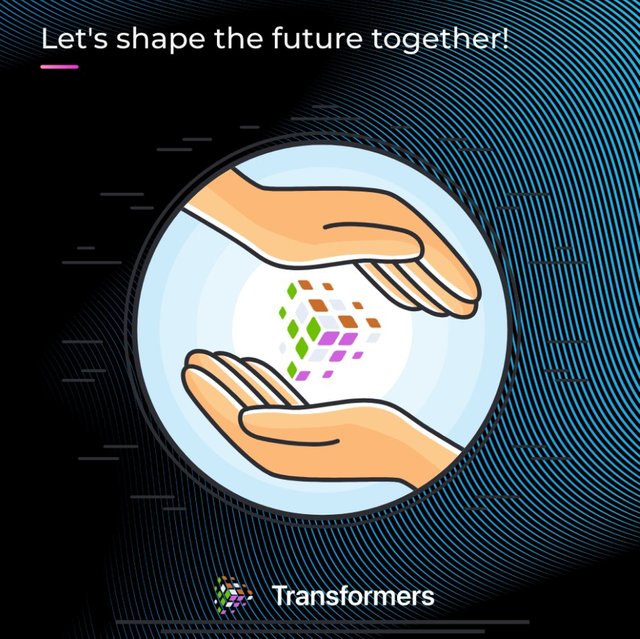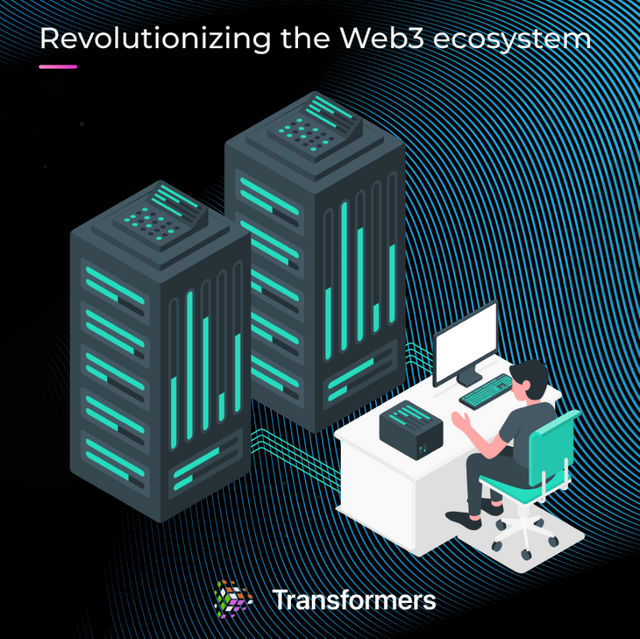
Transformers Chain (TFSC) has adopted a unique ecological economic model to promote the long-term sustainability of its system and achieve a healthy self-governing economic cycle. This model is built on a symbiotic relationship between two core players: clients and validators.
Clients engage with the TFSC network by conducting various interactive activities, such as transferring TFSC tokens, deploying smart contracts, and interacting with decentralized applications (DApps). For each interaction, clients are required to pay a small fee in TFSC. This fee is used to compensate validators for their role in securing and validating transactions on the network.
Validators play a critical role in maintaining the security and decentralization of the TFSC network. They stake their TFSC tokens to participate in the consensus process and validate transactions. In return, validators are rewarded with TFSC tokens from transaction fees and block rewards.
The TFSC economic model is designed to incentivize long-term participation from both clients and validators. The fee structure for client interactions is designed to be sustainable, ensuring that validators are adequately compensated for their services without imposing an undue burden on clients. Additionally, the TFSC protocol algorithm employs an elastic inflation mechanism to adjust the long-term inflation rate of TFSC tokens. This ensures that the network's inflation rate remains aligned with the evolving needs of the network and its participants.

Benefits of the TFSC Ecological Economy
The TFSC ecological economy offers a number of benefits to both clients and validators, including:
Long-term sustainability: The TFSC economic model is designed to be sustainable in the long term, ensuring that the network remains secure and decentralized.
Fairness: The fee structure for client interactions is designed to be fair, ensuring that both clients and validators are adequately compensated.
Efficiency: The TFSC economic model is designed to be efficient, minimizing the cost of interactions for clients while still providing validators with adequate incentives.
Security: The TFSC economic model incentivizes validators to participate in the consensus process and validate transactions, which helps to ensure the security and decentralization of the network.
Conclusion
The TFSC ecological economy is a unique and innovative approach to managing the economics of a blockchain network. It is designed to promote long-term sustainability, fairness, efficiency, and security. As the TFSC network continues to grow and develop, it will be interesting to see how the ecological economy evolves and how it contributes to the overall success of the network.